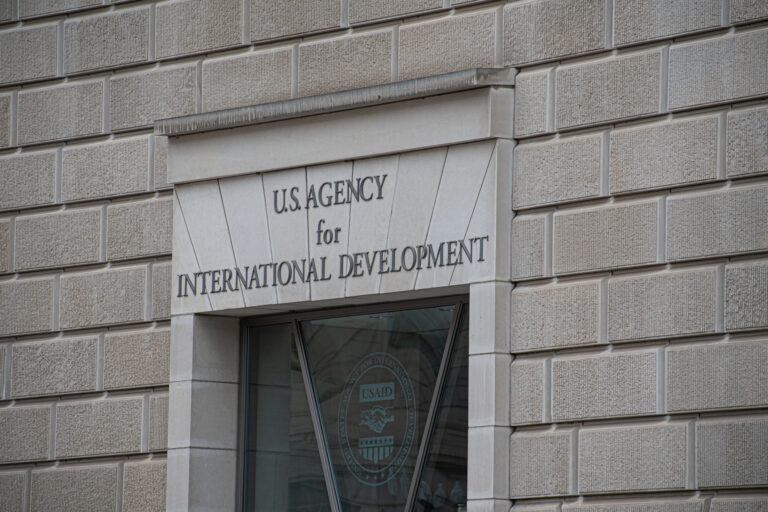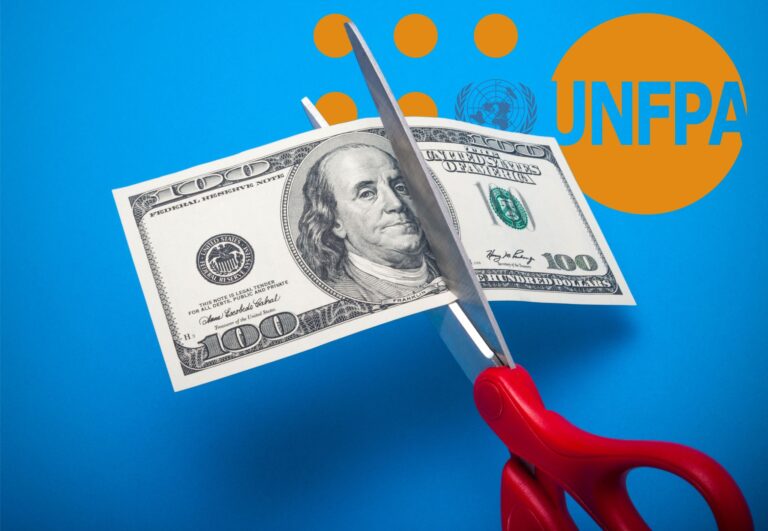“In all circumstances give thanks, for this is the will of God for you in Christ Jesus”
—Saint Paul, Epistle to the Thessalonians, 5:18
“It is the duty of all Nations to acknowledge the providence of Almighty God, to obey his will, to be grateful for his benefits, and humbly to implore his protection and favor…”
—George Washington’s Thanksgiving Proclamation of 1789
This Thanksgiving, we certainly have a lot to be thankful for. We have a nation united, a nation at peace. We have avoided the threat of national unrest, riots, and divisive violence, at least for the present. The most radically pro-abortion presidential ticket in history has been firmly rejected by the voters.
While there is still a lot of working – and praying – to do, we have ample cause for thanksgiving.
But what does that mean, really, “Thanksgiving”?
Some fifty years ago, Dr. Karl Menninger penned a tome with an intriguing title: “What Ever Became of Sin?”
Sin was somethings everyone knew about, of course, but suddenly no one was talking about it.
And Menninger wondered why.
Today, it’s fair to ask: what ever happened to gratitude?
A year ago, Bishop Michael Sis of San Angelo wrote a beautiful letter on “The Ongoing Habit Of Gratitude.”
“Gratitude is a choice we make, and act of the will. We choose to be grateful. We’re not born grateful. We have to learn it. This is why parents have to teach their children, constantly reminding them to say ‘thank you.’”
“This is true of all the virtues,” Bishop Sis continues. “It is not enough to express gratitude only at Thanksgiving time in November. It is something that ought to happen throughout the year. The art of gratitude is a good habit that we need to practice so that it develops into a virtue. A virtue is a stable part of our character, an enduring part of who we are, an ongoing disposition of our life.”
Doing What The Romans Do
In his classic “Through the Eye of the Needle,” a study of charity in fifth-century Rome, Princeton historian Peter Brown describes “euergetism – the practice of the wealthy to distribute part of their wealth to the community.” The donors had one simple goal: “to gain glory, honor, and gratitude – pompous and prideful.”
“Late Roman society (like any other ancient society) was a world held together at every level by intense networks of reciprocal gifts,” Brown continues, “which the gift of civic pleasures was instantly repaid by the countergift of honor and acclaim. It was a world that appeared to be ruled by iron laws of reciprocity.”
In that pagan world, the wealthy and the nobility competed for that “glory, honor, and gratitude.”
Eight centuries later, in his Summa Theologica, Saint Thomas Aquinas asks, “Whether thankfulness is a virtue, distinct from the other virtues?”
Dr. Michael Austin explains: “For him, the answer is yes, because thankfulness is ‘a special part of justice.’ Giving thanks to our benefactors, those who have given us a particular and personal favor, is an issue of obligation, or justice. We owe gratitude to them.” [ST II-II, Q. 106 (1)]
We must give thanks, then, to our benefactors.
“The natural order requires that he who has received a favor should, by repaying the favor, turn to his benefactor,” whom he in justice owes him “honor and reverence.” [ST II-II, Q.106 (3)]
But in the twenty-first century’s world of “government charity,” whom do we thank? And how?
Charity True and False
Nobles in fifth-century Rome practiced generosity “to gain glory, honor, and gratitude – pompous and prideful.”
Well, that pretty much describes today’s politicians. They take our money and give some of it back. Of course, they keep a lot of it, as well as spending it in myriad ways.
Do we owe them thanks for handing out our money?
And what about those receiving the benefits of government programs. Whom do they thank?
Is that even possible today?
Many grants from the Federal Government are distributed through groups called “Non-Governmental Organizations,” or “NGO’s.”
Many of the NGO’s receiving government grants have “charity” in their names, but that can sometimes be confusing.
First of all, an organization that receives a majority of its funding from the government can hardly be called “non-governmental.”
Beyond that, though, is the simple question, is that funding really “charity”?
In his Nicomachean Ethics, Aristotle points out that only a voluntary act can be virtuous (NE, 1109b), and Aquinas agrees: All truly virtuous acts are voluntary – the result of an act of the will done freely (ST II-I, 6 (1).
One wonders, when we pay our taxes, are we voluntarily committing an act of charity? Perhaps doing so accords with the Cardinal Virtue of Justice, but charity is one of the three Theological Virtues, of which Saint Paul calls caritas “the greatest of these” (1 Corinthians 13). Caritas is the love that intimately unites us with God. It is indeed the result of “an act of the will done freely.”
In relationships of genuine charity, the results can be near miraculous.
Consider this:
At PRI, our donors know what good works your donations are supporting. For instance, we donate ultrasound machines to pro-life clinics to save babies in African countries like Tanzania, Congo, and Burkina Faso. We do so even while these countries are targets of the murderous taxpayer-funded programs of the Agency for International Development (AID) that promote abortion, contraception, and other “family planning” programs designed to prevent babies, not nurture them.
In Latin America, AID distributes hundreds of millions of our taxpayer dollars to NGO’s whose sole purpose is to eliminate children. Our Latin American PRI team coaches pro-life leaders in over a dozen countries on how to counter AID’s child-killing efforts there and coordinates pro-life groups throughout the continent.
We support Safe Houses for mothers in China, as well as privately supporting the underground Church there, while Communist Party apparatchiks force religious leaders to replace Jesus with “Dear Leader” Xi Jinping in the Bible.
And we develop programs for use in schools all over the world that equip Catholic schools and parents with programs to help them teach their children the beauty of the Church’s teaching on marriage and family.
And gratitude abounds. Lots of it.
We hear all the time from the grateful mothers, families, clinics, and doctors who receive our help. That gratitude lifts our spirit and energizes our work.
PRI receives no government money from any source. But when it comes to government handouts paid for by taxpayer funding, the situation is completely different.
The Road From Gratitude To Entitlement
And when the government gives the taxpayer funding to the NGO’s operating under the label of “charity,” more questions arise.
We recall that charity is the highest of the Theological Virtues, an expression of love that binds us to God Who is Love itself.
But government cannot love. As the bumper sticker on my old van used to say, “Government is not God.” So the government, and those operating under government contracts that direct the distribution of the funds and the goods they pay for, have a problem when the beneficiary wants to express her gratitude to her benefactor.
The answer? She can’t.
Now the NGO can express its gratitude, of course – but not to the taxpayer.
No, the NGO thanks the politicians who got them the money, by praising them in the fashion of the pagan Romans – rewarding them with “glory, honor, and gratitude.”
Consider the Good Samaritan. He wasn’t a government bureaucrat. He helped people voluntarily – with his own money.
The man in the ditch undoubtedly thanked him. But here’s the secret of Christian charity: a Christian Samaritan will respond lovingly to the injured man, “No, thank you, for giving me the opportunity to serve a brother in Christ.”
Imagine if the man in the ditch had never been able to thank the man who helped him… or if the Samaritan never got to respond with his own gratitude?
That’s important, because charity – love itself – is voluntary, it cannot be forced. And gratitude is also freely given. That’s why government aid always diminishes true gratitude, if it doesn’t extinguish it altogether with the wave of a pompous and prideful hand.
Before long, the recipient quickly learns that it is not charity, but an “entitlement.” So he demands more, and politicians give it to him while castigating the greedy taxpayer for wanting to keep his own hard-earned money so he can give it lovingly, freely, and yes, charitably to the needy himself.
Before long, under “government charity,” charity is dead on arrival.
A blessed Thanksgiving to all our readers and your families.







